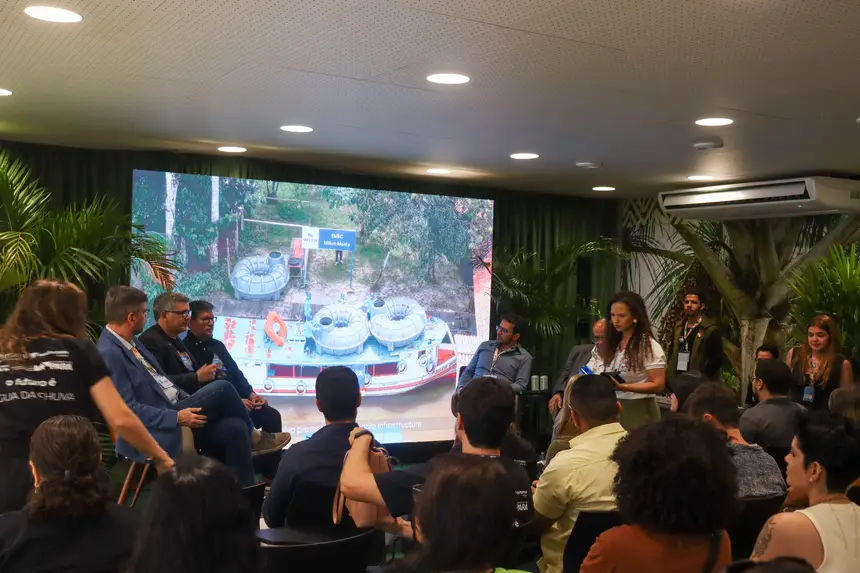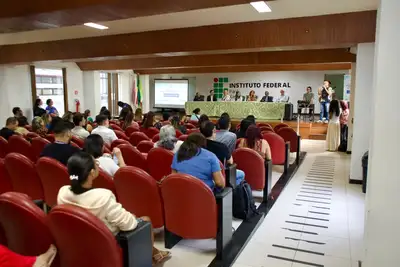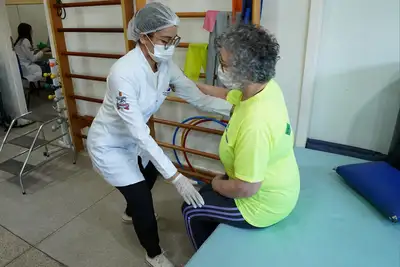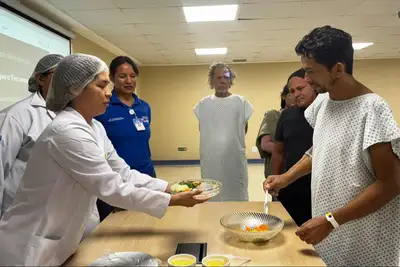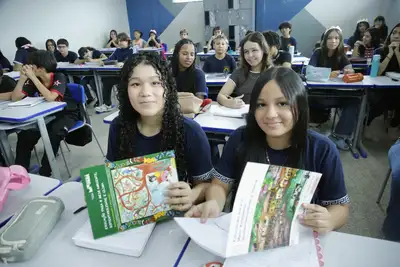Rain is a solution in the debate on water justice and climate at COP 30
In the Miritizeiro Room, experts, public managers, and representatives from the private sector discussed how nature-based solutions can expand access to drinking water and strengthen climate resilience in the region
The search for practical, integrated, and sustainable solutions to ensure access to drinking water in the Amazon marked the panel "Water for All: Nature-Based Solutions for Water Justice and Climate Resilience in the Amazon," held on the afternoon of this day 14/11, in the Castanheira Room of the Pará Pavilion at COP30. The meeting brought together researchers, representatives from the government of Pará, and private partners in a conversation that reinforced the centrality of water as a structuring element of socio-environmental justice in the region.
Social innovation born from many hands
The deputy secretary of the Environmental Management and Regularity Secretariat (SAGRA), Rodolpho Zahluth Bastos, highlighted that the advancement of rainwater harvesting technologies — such as the one implemented on Combu Island — is the result of an articulation that unites community, university, government, and the private sector.
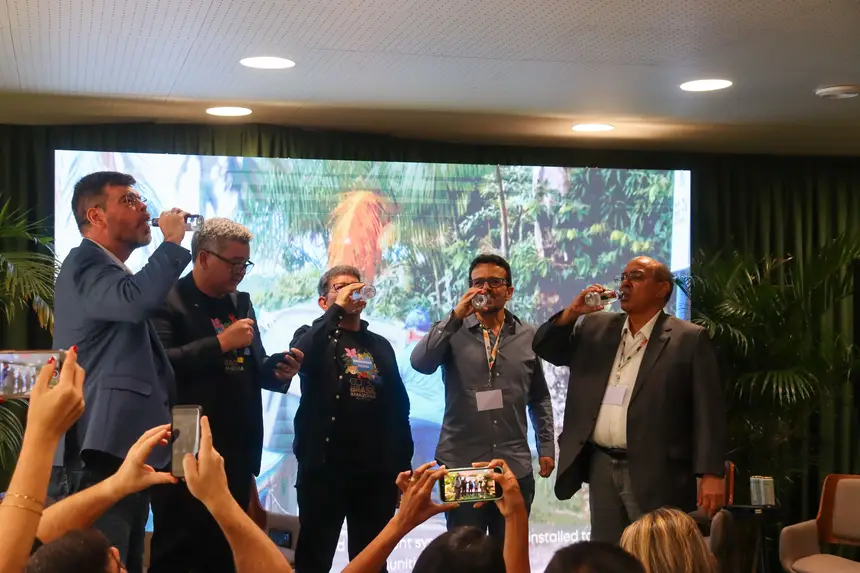
"There are several rainwater harvesting systems, but the Morro system has a very autonomous technology. This caught our attention, and we began to weave dialogues with each partner," said the secretary while thanking the support of New Fortress Energy, which also finances social initiatives in Curuçá, such as strengthening the oyster farming chain and providing logistical support to communities.
Rodolpho emphasized that the success of the project derives from the alignment between companies and public priorities.
"ESG is voluntary, but it needs to be aligned with the plans and projects of the public power. This alignment has enabled a rich dialogue that generates projects with fantastic social reach."
He also praised the role of the university: "The inspiration has always been the university. It implements the technology, follows up, and monitors. It is a collective construction. None of this would be possible without this set of hands."
Science, territory, and people at the center
Researcher Ronaldo Mendes from the Environmental Center of UFPA reinforced that access to water cannot be thought of in isolation. For him, the implementation of harvesting systems only works when it considers the way of life of the communities.
"We do not see the human being separated from the place where they live. To understand water, we need to look at income, health, housing, and education. This is complex thinking."
The researcher explained that the university has been working for about 20 years on the development of these technologies and that the accumulated knowledge reduces risks and expands results.
"The chances of failure decrease when we understand the economic, social, environmental, and cultural dimensions of the communities. Technology only works when it is aligned with people's lives."
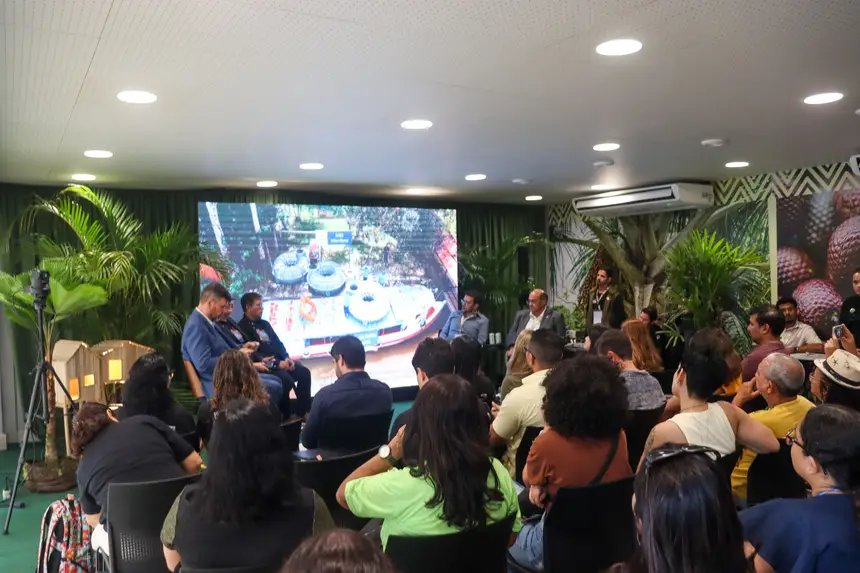
Partnership that transforms territories
Representatives from the private sector also reinforced the importance of joining forces to expand access to drinking water in the Amazon. Initiatives supported by New Fortress Energy were cited as examples of how cooperation can generate quick and lasting impacts.
In the end, the panel highlighted that ensuring water justice in the Amazon involves recognizing water as a right, valuing science, and strengthening collaborative arrangements. Among social technologies, applied research, and community participation, the unanimous message was that taking care of water is taking care of life — and no solution will be complete without people at the center.
Text Lucas Maciel – ASCOM SEMAS



